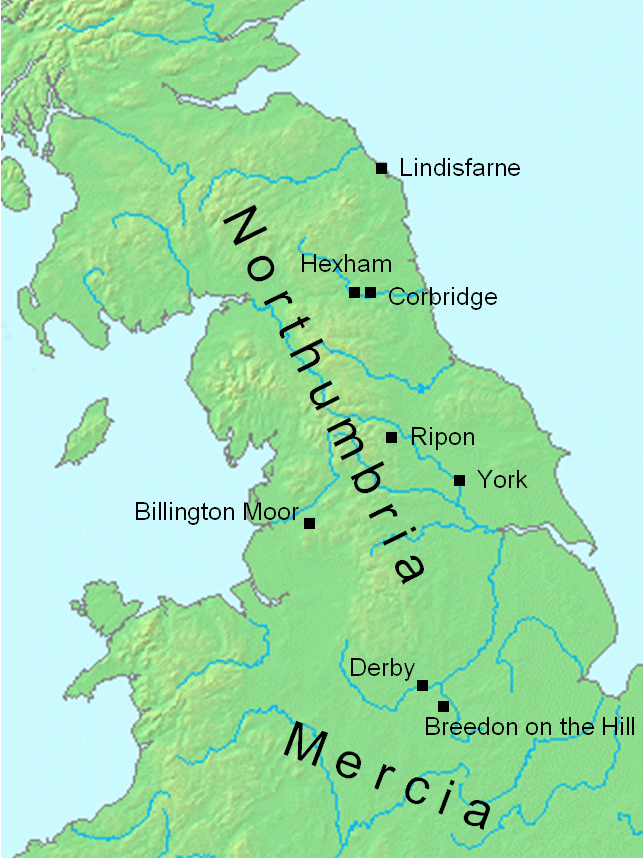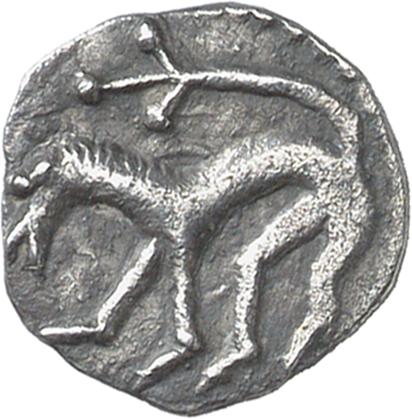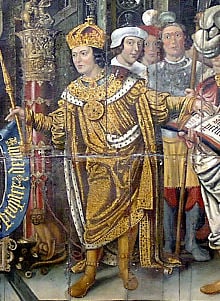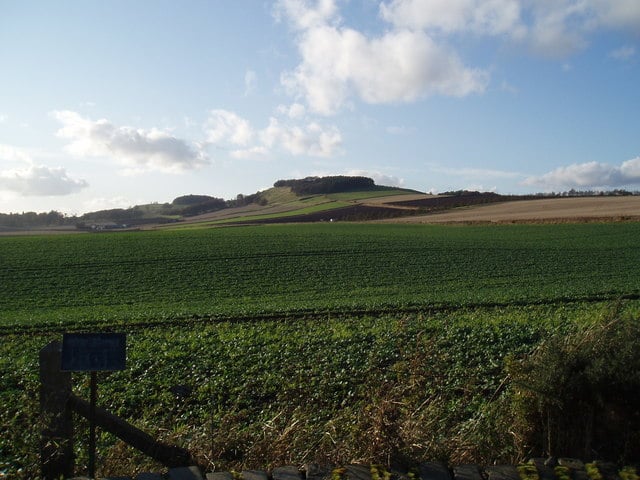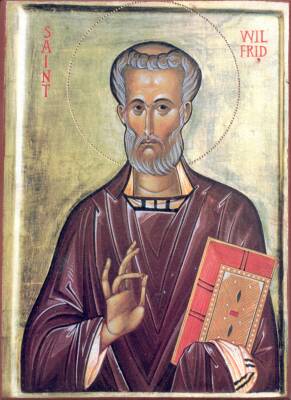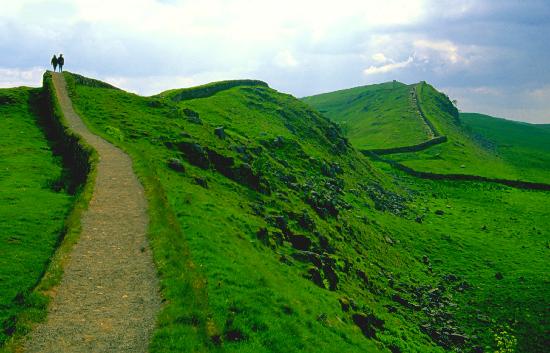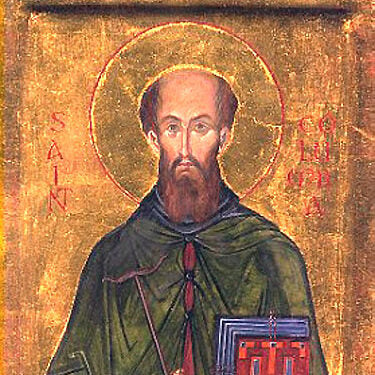Podcast: Play in new window | Download
This episode will roughly cover the eventful years between 685 and 689.
The main characters today will be two kings, two wannabe kings, and a bishop… here we go:
First we have King Aldfrith of Northumbria – He was the brother of the slain King Ecgfrith and also the son of King Oswiu, and he was ruling over Northumbria.
Then we have King Hlothere of Kent – He was the brother of Ecgberht, who was the former King of Kent.
And we’ll also be talking about Eadric – who was the son of King Ecgbert of Kent, and was also the nephew of King Hlothere. So he was a claimant to the throne… but you’ll note that he’s not a King.
And then we have Caedwalla – Who was the exiled son of a former King of Wessex and also a staunch Pagan.
and finally we have Bishop Wilfrid – Yep… he’s back. He was the former Bishop of Northumbria, the same guy who got involved in Northumbrian politics and even had his own army, and then when it didn’t work out he went and complained to the Pope , and despite having the Pope on his side, he still found himself imprisoned and then exiled. Apparently he also got into a fight to the death with some of the southern English after a shipwreck… this guy had a hell of an eventful life. And currently, he’s operating in the south and is rather grouchy with the Archbishop of Canterbury for not backing him up when he started throwing elbows in Northumbria.
Sign up for membership to read the full transcript.
Support the Show

